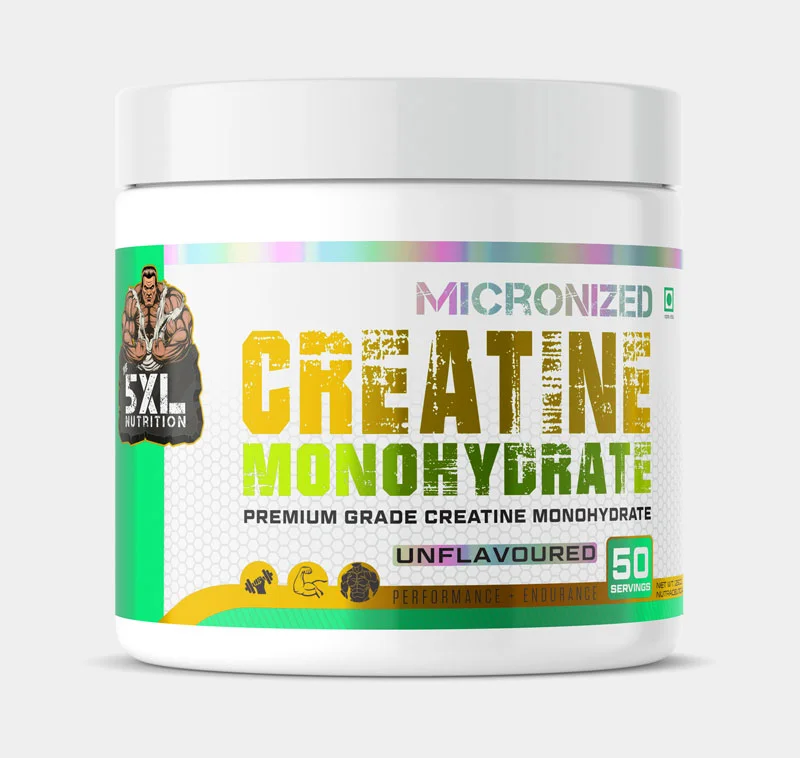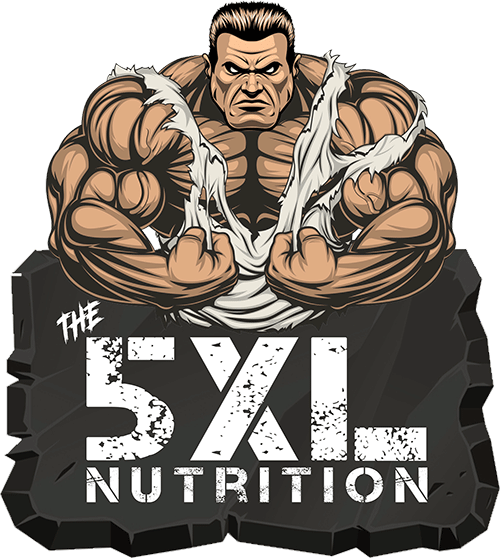How to Take Creatine for Muscle Gain – The Ultimate Guide
Creatine is one of the most researched and effective supplements for building lean muscle mass. Whether you’re just starting out or you’re an experienced athlete, understanding how to take creatine correctly can significantly boost your performance and results.

What is Creatine?
Creatine is a naturally occurring compound found in muscle cells. It helps produce energy during high-intensity workouts such as weightlifting and sprinting. Supplementing with creatine increases your muscles’ phosphocreatine stores, which allows you to produce more ATP — the key energy source for muscle contraction.
Why Use Creatine for Muscle Gain?
1. Improves Strength and Power
Creatine allows you to push harder in workouts, which leads to progressive overload and eventually more muscle gain.
2. Enhances Muscle Recovery
It helps in quicker muscle recovery between sets and sessions, enabling more frequent training.
3. Increases Muscle Volume
Creatine draws water into your muscle cells, making them appear fuller and more pumped.
Best Time to Take Creatine
1. Pre-Workout or Post-Workout?
Research shows creatine is most effective when taken post-workout, especially when combined with a carb or protein source.
2. Daily Consistency
Consistency is more important than timing. You should take it daily to keep your creatine levels saturated.
Pro Tip:
Combine creatine with your post-workout shake for best results.
H2: How Much Creatine Should You Take?
The Loading Phase (Optional)
- Dosage: 20g per day, split into 4 doses of 5g for 5–7 days
- This phase saturates your muscles quickly but is not mandatory.
Maintenance Phase
- Dosage: 3–5g per day
- Take daily for 8–12 weeks, followed by a short break if desired.
Should You Cycle Creatine?
There is no solid evidence that cycling is necessary, but some users take 1 month off after 2–3 months of continuous use.
Types of Creatine – Which One is Best?
1. Creatine Monohydrate
- Most studied and effective form
- Affordable and easily available
2. Micronized Creatine
- A finer version of monohydrate
- Easier on the stomach
3. Other Types (Buffered, HCL, Ethyl Ester)
- Marketed as better, but not more effective than monohydrate
Our Recommendation:
Stick with Creatine Monohydrate unless you have digestion issues.
How to Take Creatine – Step-by-Step
1. Use with Liquid
Mix 3–5g of creatine with water, juice, or a post-workout protein shake.
2. Avoid Hot Beverages
Creatine can degrade in hot liquids like tea or coffee.
3. Stay Hydrated
Creatine pulls water into muscles, so drink at least 3–4 liters of water daily.
4. Pair with Carbs
Taking creatine with carbs helps improve absorption.
Common Myths About Creatine
Myth 1: Creatine is a Steroid
False. Creatine is a naturally occurring compound, not a steroid or banned substance.
Myth 2: It Causes Kidney Damage
In healthy individuals, creatine has no negative effects on kidney function when taken in recommended doses.
Myth 3: Creatine Causes Water Retention Only
Yes, creatine holds water in muscles, but it also increases muscle strength and performance.
Is Creatine Safe?
Creatine is one of the safest supplements available. Numerous studies over the past 20 years have shown no serious side effects when used properly.
Who Should Avoid It?
- Individuals with kidney issues
- Pregnant or breastfeeding women
- Children under 18
Always consult a doctor before starting any new supplement.
Final Tips for Muscle Gain with Creatine
- Be consistent with your intake
- Combine creatine with a solid workout routine
- Maintain a high-protein diet
- Stay hydrated
- Track your strength and performance weekly
Conclusion
Creatine is a powerful, affordable, and research-backed supplement that can help you build muscle faster. When taken correctly and consistently, it supports strength, recovery, and muscle volume. Stick to 5XL Nutrition’s premium Creatine Monohydrate to unlock your full potential in the gym.
